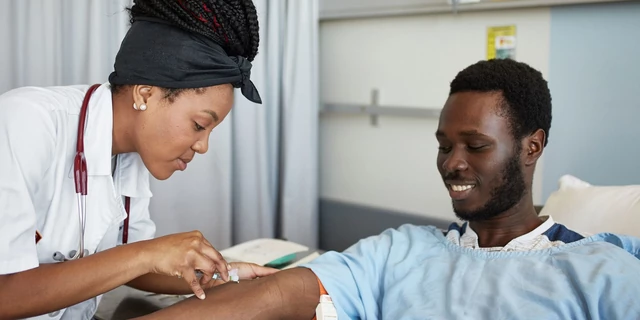Donating blood is one of the most selfless gestures anyone can do. Putting your own blood on the line just to save someone else’s life; someone you don’t know. It’s one of the best aspects of civilization.
Having said that, if you are planning to donate blood, there are certain foods you can eat to help your body replenish the blood that you just gave away. It is important to keep your diet healthy and nutritious post-blood-donation.
Yes, blood donation is a noble act but how you take care of your body post-blood donation is important.
What happens when you donate blood?
The human body works with the help of the organs and organs are the life of the organs, which is why it is important to keep the blood circulation healthy.
After you donate about 300 milliliters of blood, your body requires good care to maintain and replenish the lost blood and nutrients. What exactly do you lose when you donate blood? Your blood contains three important components: the plasma, the blood cells, and the platelets. There is need to follow a good diet after you have donated blood.
What to eat after donating blood
As said above, it is important to follow a good diet after donating blood. Here is what you should eat and drink:
Lots of fluids
Drink enough water to keep your body well-hydrated after donating blood. This is why you are given a beverage by the blood bank.
Iron-rich foods
Include foods in your diet which are rich in iron. These can be spinach, fish, apricots, sunflower seeds, pumpkin seeds, pumpkin, green peas, chickpeas, and almonds. You can also include chicken, lentils, and other whole-grain foods like millet bread and bushera as well.
Vitamin C-rich foods
Have foods that are rich in Vitamin C. These can be citrus fruits and other fruits like lime, lemons, oranges, and passion.



